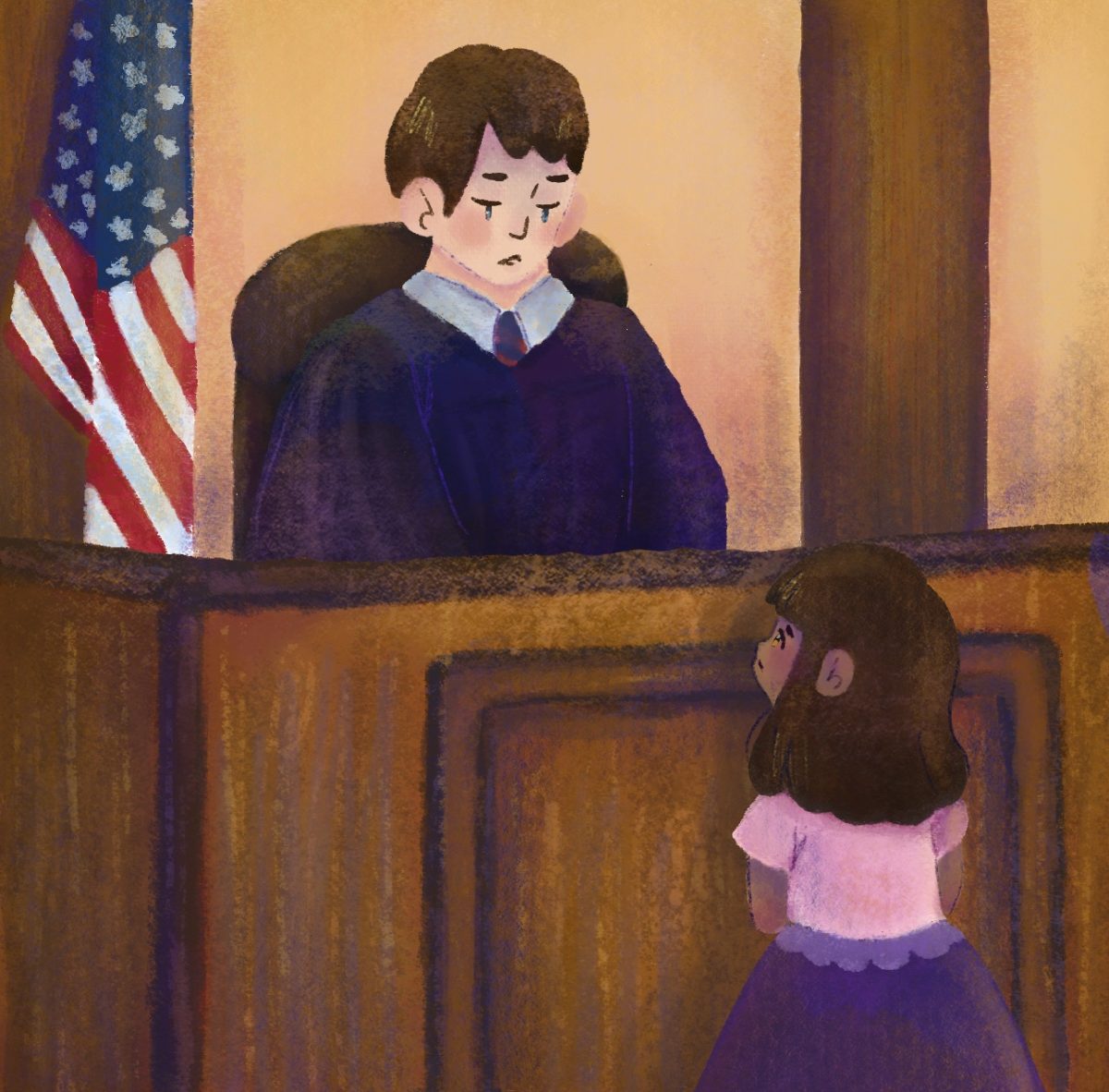Content advisory! Do not read on if you will be offended by the words shit, piss, tits, fuck (it get worse), motherfucker, cocksucker and cunt. Late comedian George Carlin read these words for an afternoon WBA-FM Pacifica radio broadcast in 1973, sparking a battle over content regulation between the Federal Communications Commission and radio and TV broadcasters.
Since then, broadcasters have pushed limits with profanity and nudity, and the FCC has pushed back by imposing fines for content it judged indecent. The courts have played referee in this convoluted battle, sometimes siding with broadcasters, and sometimes backing the FCC. It’s a battle that continues to this day.
In early January, ABC and Fox argued before the Supreme Court that the FCC unfairly fined them for broadcasts of profanity and nudity. The FCC claimed it had the right to impose fines for incidents such as when Cher said “fuck ’em” at the 2002 Billboard Awards and also for a 2003 broadcast of a naked woman’s buttocks in an “NYPD Blue” episode. Fox and ABC argued that moral standards have changed, and that the FCC regulations are too vague, and that fines were imposed arbitrarily.
Fox and ABC have a point. There have been several other incidents where the FCC didn’t impose fines for profanity and nudity, such as in broadcasts of “Saving Private Ryan” and “Schindler’s List.” Furthermore, the FCC does not actually have a list of prohibited words or images.
The FCC’s definition for indecency comes from the 1978 Supreme Court case FCC v. Pacifica Foundation in which Pacifica radio was sued for broadcasting Carlin’s “Seven Words You Can Never Say on Television” comedy routine. The court suggested indecency is “language or material that, in context, depicts or describes, in terms patently offensive as measured by contemporary community standards for the broadcast media, sexual or excretory activities or organs.” This doesn’t give broadcasters a clear definition of what is or is not OK to broadcast.
The narrow question the Supreme Court must decide is whether the FCC fairly imposed fines against Fox and ABC. But the larger question is whether it still makes sense to hold the four TV broadcast networks to a different standard of decency than cable, satellite TV and the Internet.
I agree with Justice Samuel Alito who said that the FCC’s rules apply to such a dwindling fraction of the media landscape that perhaps they should be allowed to “die a natural death.”
Holding broadcast television to a different standard than cable or the Internet no longer makes sense.
The number of people who still receive television from a signal broadcast over the airwaves is dwindling toward non-existence. Many TV viewers no longer understand the difference between the broadcast networks, Fox, ABC, NBC and CBS, and the hundreds of other channels packaged with their cable or satellite service.
Justice Antonin Scalia and Chief Justice John Roberts said that the broadcast networks should still provide a safe haven where parents can be assured their children will not be exposed to nudity or profanity during prime time.
However, there is no such thing as a safe haven. Children will hear George Carlin’s seven words and see naked bodies, on TV or elsewhere, no matter what the Supreme Court decides about the FCC’s regulations of broadcast media. That was true even in the good-old-days when there were a handful of wholesomely regulated TV channels. The reasons why broadcast TV has been held to different standards than cable are outdated. The Supreme Court should end this double-standard.





